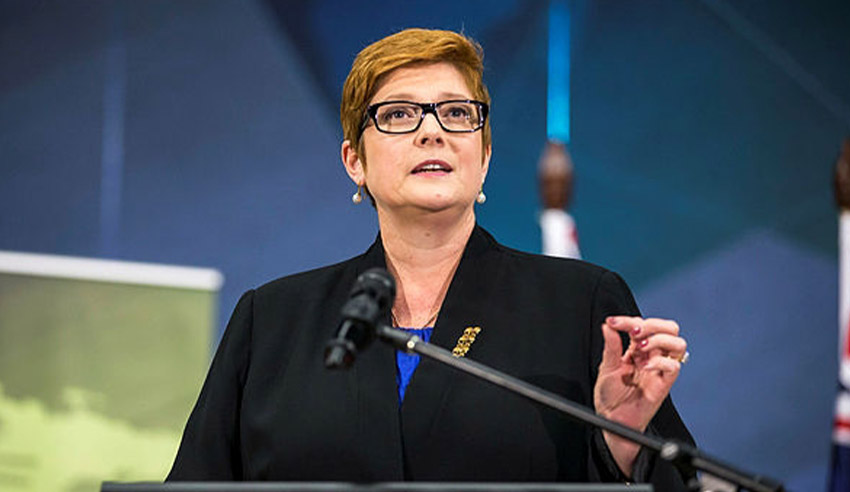The Law Council of Australia (LCA) joined the Australian government in voicing grave concerns that China has breached universal human rights laws after formally charging Dr Yang Hengjun on suspicion of espionage.

Dr Yang was formally arrested in Beijing on Tuesday after seven months in detention. The Australian writer could now be facing severe penalties, including around 10 years in prison or the death penalty. This could further severe ties between the two countries.
In a statement, the LCA said it “decries capital punishment” and, as witnessed in other cases involving Australians facing the death penalty charge in other parts of the world, added “there is a dire need for early government intervention”.
Minister for foreign affairs Marise Payne said she has discussed Dr Yang with China’s state councillor Wang Yi twice and has written to him three times. She said there are “serious concerns” over his welfare and the conditions he is being held in.
“We expect Dr Yang to be treated in accordance with international human rights,” she said. “Including Universal Declaration of Human Rights, with special attention to those provisions that prohibit torture and inhumane treatment, guard against any arbitrary detention and protect the right to freedom of thought, conscious and religion.”
Chinese foreign ministry spokesman Geng Shaung hit back at Ms Payne, claiming the case is in accordance with Chinese law and Dr Yang is in “good physical condition”.
“China deplores the Australian statement on this case,” Mr Shaung said. “I would like to reiterate that China is a country with rule of law and Australia should respect China’s judicial sovereignty and not interfere in any way in China’s handling of the case.”
Since an anti-espionage law was introduced, nine people have been prosecuted and five Japanese people have been sentenced for espionage. The longest sentence was 12 years and investigations have taken around three years from arrest to sentencing.
His lawyer in Beijing, Shaung Baojun, said he has not been given details of Dr Yang’s alleged offence and is unclear when he will be put on trial. His Australian lawyer, Rob Stary, said there is concern over the death penalty charge.
High-profile barrister Julian McMahon, who represented Van Nguyen and members of the Bali Nine facing capital charges, has been recruited to assist with the case, which may further complicate the tense relationship between China and Australia.
The LCA said Dr Yang has only been permitted limited consular assistance and denied access to family visits and his lawyer. The LCA said this appears to constitute several breaches of the United Nation’s Basic Principles of the Role of Lawyers.
“These principles exist to protect individuals who are charged and promote the natural justice by ensuring access to the lawyer of their choice to act for them without any fear or favour. It is vital for every nation to have an independent legal profession that can practice fear of reprisal, promote administration of justice and ensure a fair trial.”
